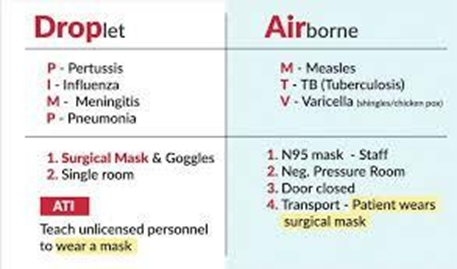A nurse in a provider's office is caring for a 1-year-old toddler.
The child is at risk for developing
Drag words from the choices below to fill in each blank in the following sentence.
The Correct Answer is {"dropdown-group-1":"C","dropdown-group-2":"A"}
A. Nephrotic syndrome typically presents with edema, proteinuria, hypoalbuminemia, and hyperlipidemia, rather than the symptoms described in the scenario.
B. Renal scarring can occur as a complication of untreated or recurrent urinary tract infections (UTIs), particularly pyelonephritis. The presence of fever and lethargy in the child, along with the history of decreased appetite, raises concerns for a urinary tract infection that could lead to renal scarring if left untreated.
C. Polycystic kidney disease typically presents later in life and is not typically associated with acute febrile illness in a 1-year-old toddler.
D. While acute glomerulonephritis can occur following certain infections such as streptococcal infections, it is less commonly associated with fever and lethargy compared to pyelonephritis.
E. Pyelonephritis is a bacterial infection of the kidneys commonly associated with fever and lethargy, especially in young children. The fever and lethargy reported by the parent, along with the urine sample obtained, suggest a concern for pyelonephritis.
Nursing Test Bank
Naxlex Comprehensive Predictor Exams
Related Questions
Correct Answer is C
Explanation
Rationale:
A. Periodic chest x-rays may be done to monitor lung function in cystic fibrosis, but it's not directly related to home care following discharge.
B. Tonsillectomy and adenoidectomy are not routine procedures for cystic fibrosis management unless there are specific indications beyond the disease itself.
C. Pancreatic enzyme replacement therapy with meals and snacks is essential for children with cystic fibrosis to aid in digestion and nutrient absorption due to pancreatic insufficiency, so this statement is crucial for home care.
D. Isoniazid is an antibiotic used to treat tuberculosis (TB), not cystic fibrosis, so this statement is incorrect and not relevant to cystic fibrosis home care.
Correct Answer is A
Explanation
Rationale:
A. Maintaining droplet precautions while the child is coughing and sneezing is appropriate because pertussis is primarily transmitted via respiratory droplets. Droplet precautions include wearing a surgical mask when within 3 feet of the patient to prevent droplet transmission.

B. Applying a face mask after entering the child's room is not necessary if droplet precautions are already being followed during periods of coughing and sneezing.
C. Wearing gloves when assisting the child to the bathroom is not directly related to preventing the spread of pertussis, which is primarily transmitted via respiratory droplets.
D. Airborne precautions with an N95 respirator are not indicated for pertussis, as it is not transmitted via airborne particles.
Whether you are a student looking to ace your exams or a practicing nurse seeking to enhance your expertise , our nursing education contents will empower you with the confidence and competence to make a difference in the lives of patients and become a respected leader in the healthcare field.
Visit Naxlex, invest in your future and unlock endless possibilities with our unparalleled nursing education contents today
Report Wrong Answer on the Current Question
Do you disagree with the answer? If yes, what is your expected answer? Explain.
Kindly be descriptive with the issue you are facing.
